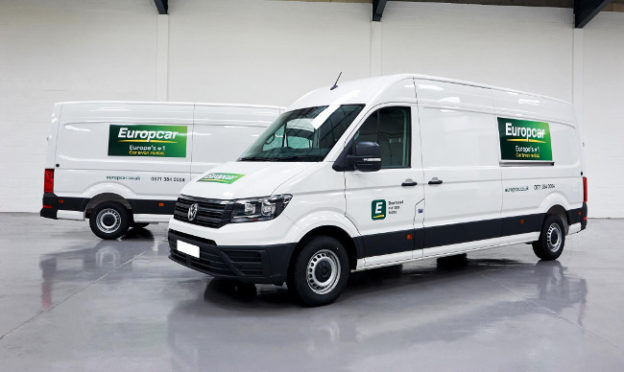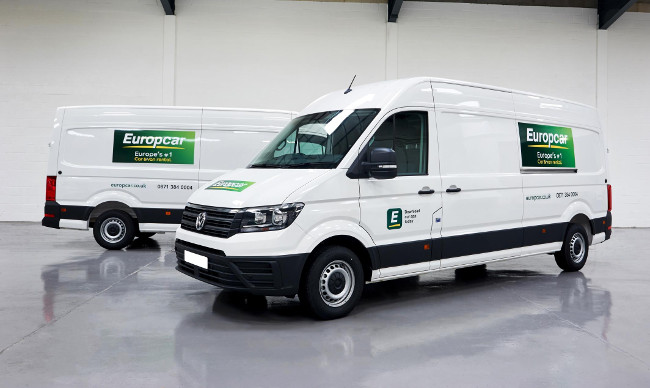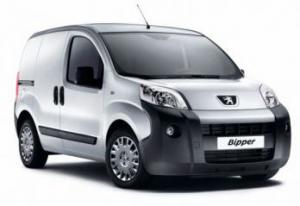
How do van hire companies make money?
It might seem logical to think that most of their profits come from hiring out vehicles. But that’s not the whole story.
The big van rental companies are really trading operations that buy and sell thousands of vans each year. Last month’s 3.9% increase in new van registrations was almost certainly influenced by deliveries to hire companies.
The income from hiring each van covers its depreciation, insurance costs and corporate operating costs. But corporate profits depend on minimising the buying price and maximising the sale price of each vehicle.
Here’s a quick overview of the life cycle of a rental van:
Buy: Large van rental companies buy vans in bulk, directly from manufacturers. They’re able to secure big discounts on list prices in return for regular large purchases. Care is taken to choose popular models with good specifications as these will be easy to sell on when they are de-fleeted.
Hire: The vans are then hired out to customers, usually on daily rental rates, but sometimes on weekly or monthly rates. This is a very competitive business, so these basic rental rates are kept quite low. The aim here is to cover the company’s insurance and operating costs plus the depreciation on the van.
Extras, such as more comprehensive insurance, sat nav hire or baby seat hire tend to be profitable. They’re a useful way for hire companies to improve the profitability of each rental.
Sell: This is where profits are made or lost. Big hire companies buy and sell thousands of vans each year. A lot of effort goes into maximising the sale price of each van, which is dependent on age, mileage, condition and the choice of sale channel (e.g. auction or retail).
A good example of this is a recent policy change at van hire specialist Northgate, which operates more than 97,000 rental vehicles in the UK and Spain. In February, the company announced plans to operate its vehicles for between three and nine months longer than previously. Their analysis suggests that doing this will improve the profit generated by each vehicle when it’s sold.
What about smaller companies? Big companies tend to own their fleets, using debt to fund part of the purchase costs. But smaller hire companies sometimes choose to lease their vans. They then aim to make a profit from the difference between their lease costs and the rental income generated by their vans.
Why we think you should compare van hire: Not all companies offer the same rental rates for the same vehicles. Some companies are cheaper for one type of van but may be more expensive for a different size van.
Another complication is that hire rates change regularly throughout the year. So the company that was cheapest in February might not be in June.
Our unique van hire price comparison engine helps you find some of the cheapest vans available across the UK. We think it’s the best on the market. Why not give it a try and see what you think? Just click here to get started.
One final comment – we often get asked if you should buy an ex-hire van.
Should you buy an ex-hire van? Popular legend has it that ex-hire vans are knackered wrecks that have been abused by drivers. The reality is somewhat different. Although rental vans are often worked hard, they usually have many different drivers, most of whom are careful to make sure they don’t damage the vehicle — as they or their employer will have to pay for it if they do.
Ex-hire vehicles are generally seen by trade buyers as very attractive. They’re always popular models, are relatively new and have normally been correctly maintained in-line with manufacturer requirements.
In our view, buying an ex-hire van can make good sense.
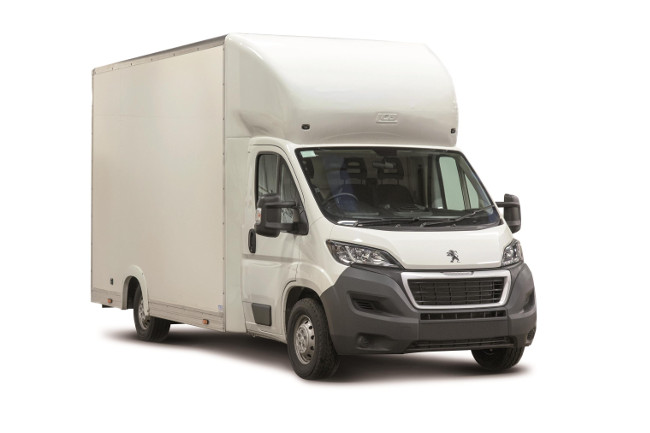

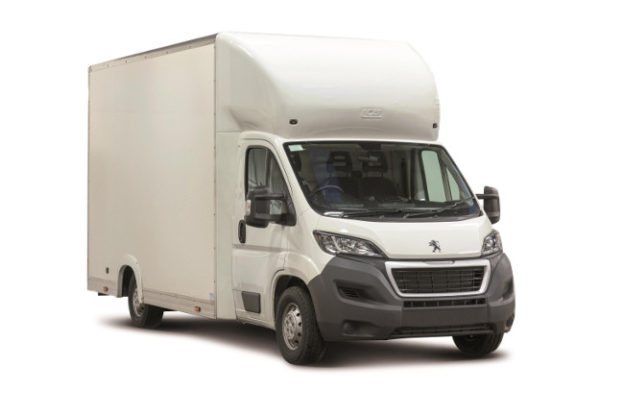
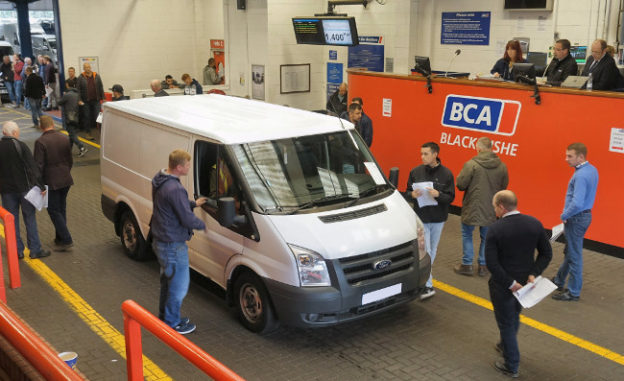
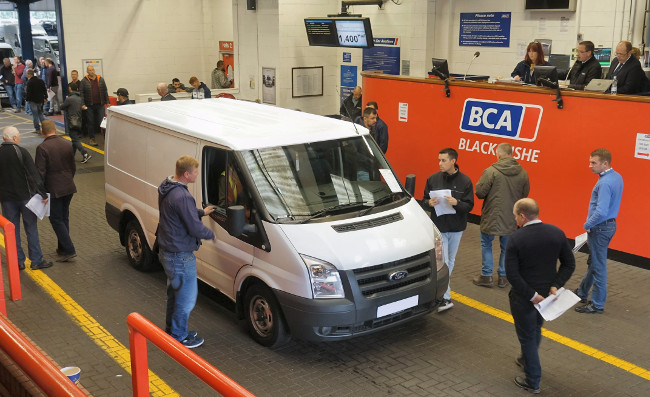
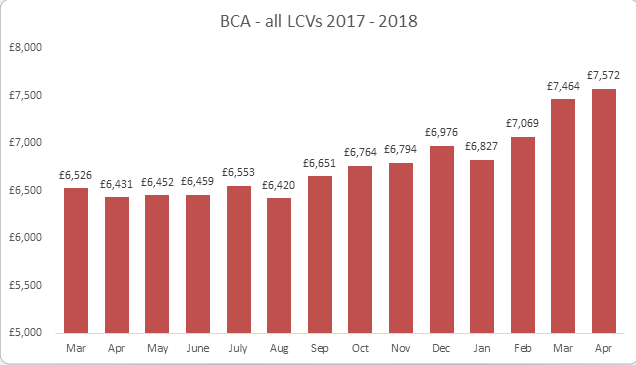
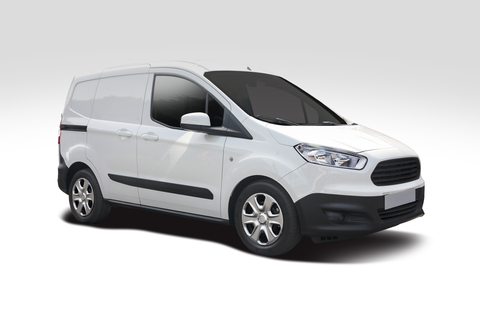

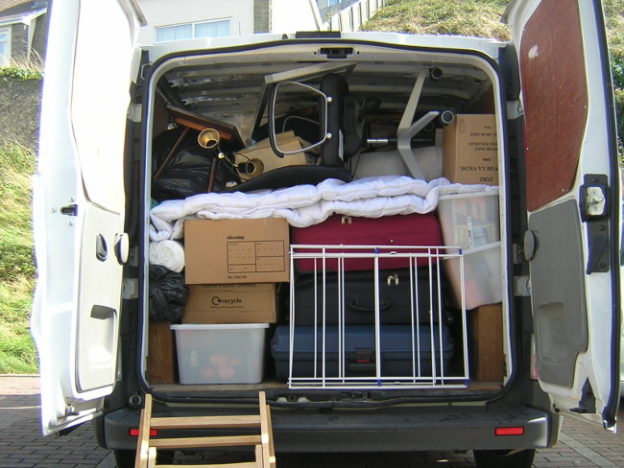
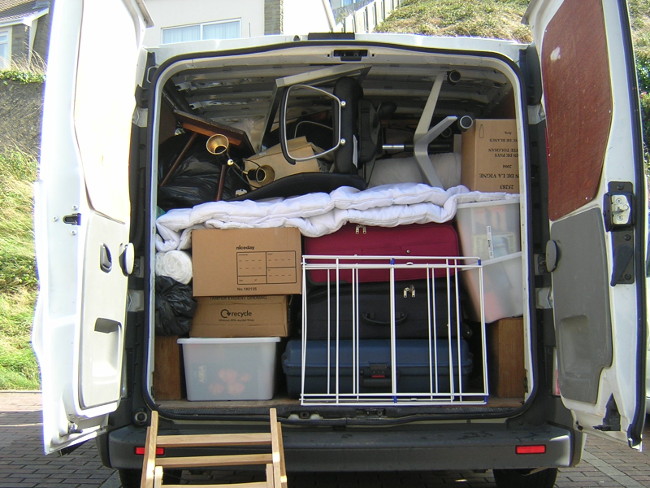
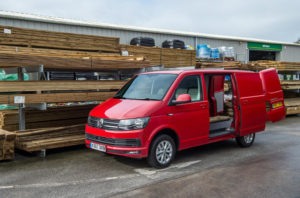 Here are a few suggestions:
Here are a few suggestions: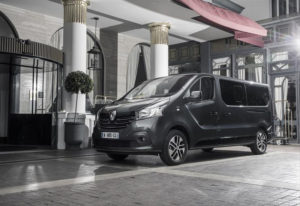 has several bid advantages:
has several bid advantages: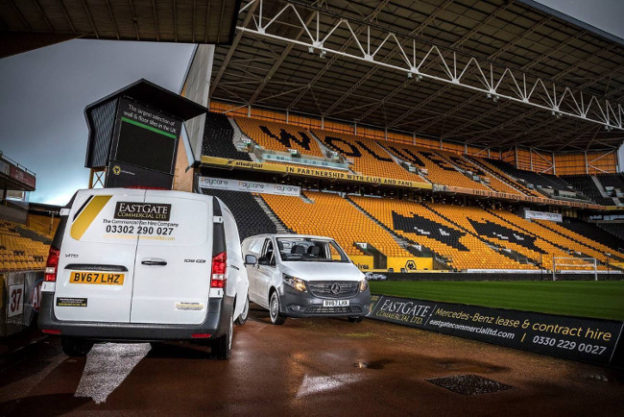
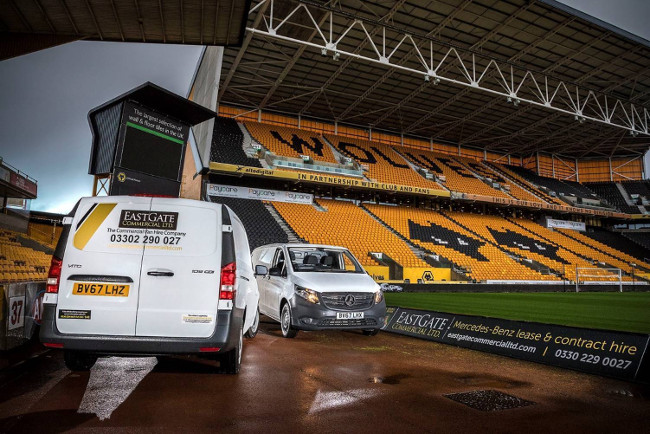
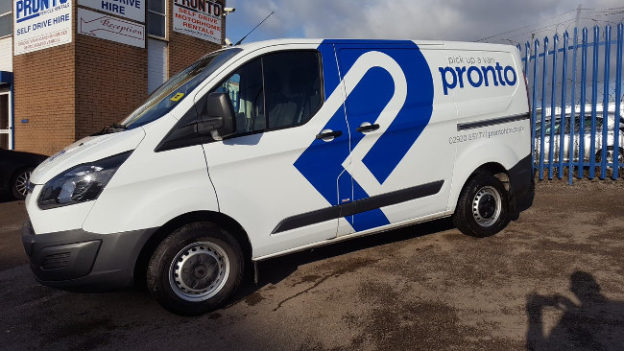
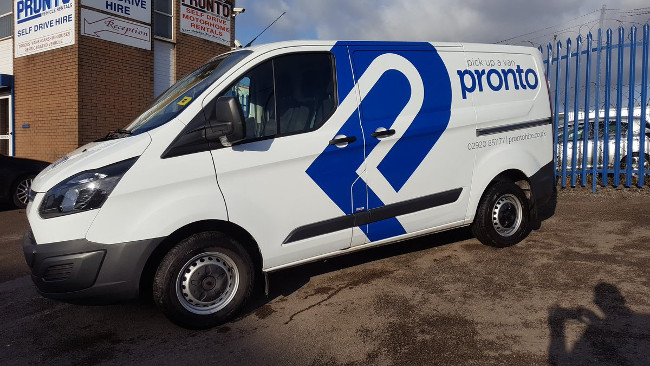
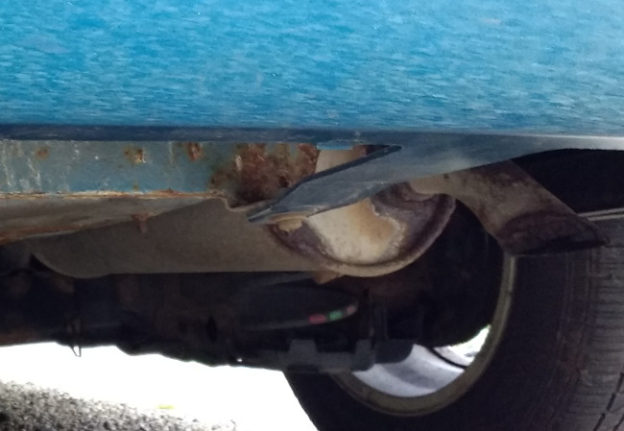
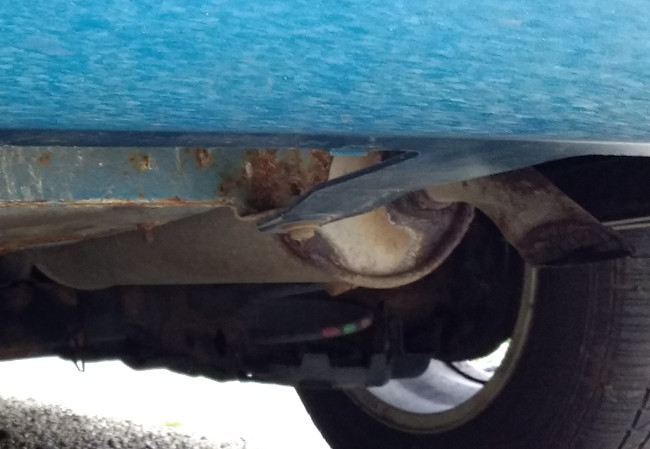
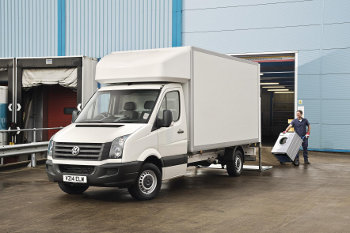
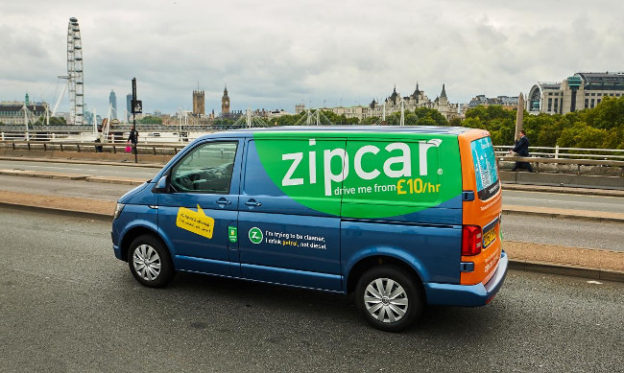
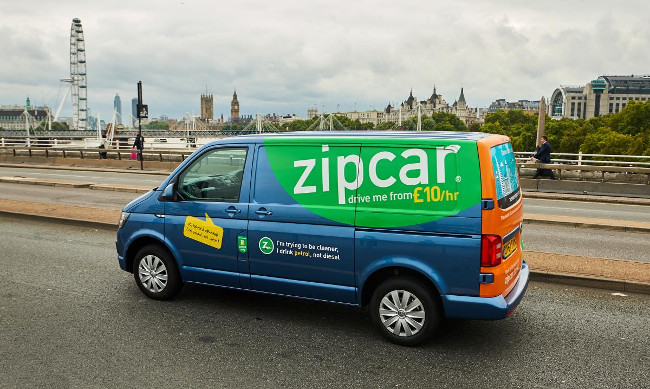
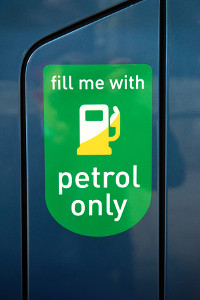 The new vans will be operated on a year-long trial in the capital, as part of a move to re-introduce petrol power to the van market.
The new vans will be operated on a year-long trial in the capital, as part of a move to re-introduce petrol power to the van market.